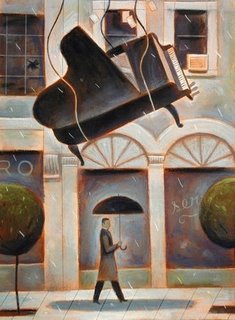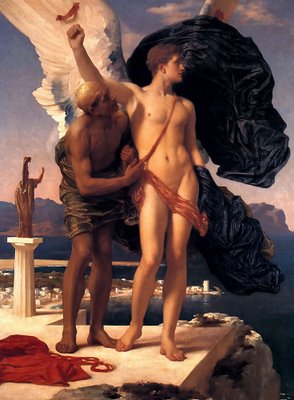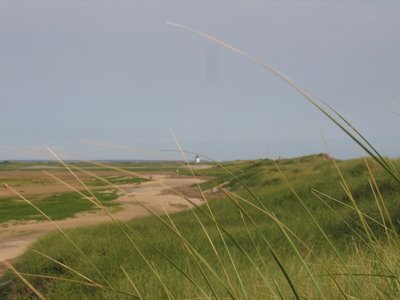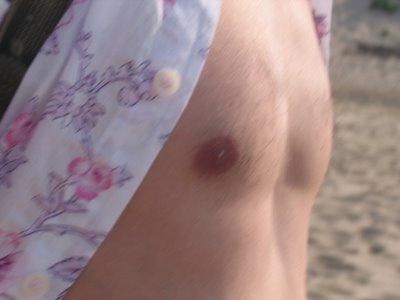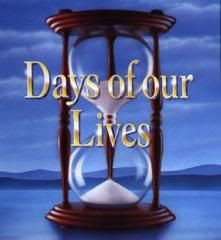Rembetiko of the Month

If ever there was a time to sing Aman, it’s now. My heart goes out to the civilians of Lebanon and northern Israel. Ironically, AMAN is the abbreviation for Israel’s military intelligence unit. What I am referring to is that expression of woe and despair, known throughout the Arab world as well as Greece and Turkey. With those who have lost their homes and loved ones as a result of the recent violence, I also say Aman. Will this fighting ever stop?
Marika Kanaropoulou sang Aman like no other. Far less prolific than either Roza Eskinazi or Rita Abadzi, Marika Kanaropoulou’s αμανέδες (a-man-EH-des) convey a lost innocence. Perhaps it is because her voice possesses an almost adolescent quality. At the same time, Kanaropoulou’s vocal skills were anything but adolescent. Her control and mastery of the art of makam, her unique style, and her thick, rich vowels rank her as one of the top female singers of Rembetika, despite the fact that she recorded far less than others.
Very little is known about Marika Kanaropoulou. Kanaropoulou may in fact be a stage name, since it literally means “daughter of the canary” and may be a reference to the dulcid quality of her voice. It could also be a surname carried by a family with a long tradition of singing. It is quite possible that Kanaropoulou came from a musical family.
Also known as “Tourkalitsa” (the little Turkish girl) and “Brousalia” (the girl from Brousa), Kanaropoulou was a native of Bursa (Brousa in Greek), located in western Turkey not far from the southeast coast of the Sea of Marmara. Bursa had a sizeable Greek population prior to the Asia Minor catastrophe of 1922. Kanaropoulou most likely left her homeland when the Greek population was expelled from Asia Minor, though it’s possible that she and her family left earlier during the First World War or shortly thereafter.
She recorded a handful of songs in Athens, mostly αμανέδες in 1933 and 1934 before emigrating to America. There is no record of her having recorded in the United States. At some point, she returned to Greece, where she died in 1990.
Kanaropoulou recorded Neva Manes in Athens in December 1933. As in the case of Abadzi’s Gazeli Neva Sabah, once again Neva is erroneously used to denote the key of D, even though in reality Neva is the name for A, and the song, like Gazeli Neva Sabah, seems to be in D#. I’ve already theorized in an earlier post as to what might have caused this error.
Kanaropoulou’s Neva Manes is set in makam Ussak. In classical makam theory (by which I mean Turkish and Arabic), Ussak (referred to as Bayyati in Arabic) has a microtone as its second. More specifically, the second is flatted, but instead of a half step, what you get is a note that is somewhere between a half step and a whole step. Greek music eventually evolved away from microtones, so that the Greek version of Ussak has a simple half step between the first and second. It looks like this:

In reality, many Greek songs in makam Ussak compensate for the loss of the microtone by including both a natural second and a flatted second, as if to approximate the microtone, which lies somewhere in between. It’s not the same as having the microtone, but the effect is arguably just as lovely.
In Neva Manes, Kanaropoulou and her accompanists (Dimitris Ladopoulos on violin with an unknown oud player whom Outiboy is convinced is Agapios Tomboulis) follow the classical version of Ussak, not the version of the makam that eventually became prevalent in Greek music. The second is neither a half step nor a whole step. The effect is to create a wonderful tension within the melody.
During the interwar period it was common for Greek artists, who were well versed in classical makam theory, to set their melodies within the true versions of the makams—that is, the versions that included the microtones. This is what they knew. To complicate matters, however, Neva Manes also throws in an occasional microtone as the sixth. Classical Ussak/Bayyati has a flatted sixth (i.e. a simple half step, not a microtone). In Neva Manes, Ladopoulos sometimes plays the sixth slightly sharp. This appears to be a reference to an Arabic makam known as Ushak Masri (though Outiboy says it’s actually a makam called Huseyni), which has a three-quarter step between the fifth and the sixth, though not between the first and the second. In the end, it is the seventh on which Ladopoulos hangs that ends up sounding wonderfully microtonal because he plays the sixth slightly sharper than it would normally be in Ussak.
Click here to listen.
Αμάν
Τίνους νά πω τον πόνο μου νά με παρηγορήσει,
Αφού ο κόσμος ψέφτησε καί η ζωή θα σβήσει;
Aman
To whom can I tell my pain, so that I can be comforted,
Since the world has become false and life is erased?
Kanaropoulou knew pain. She lost her home and her roots. She became a refugee in a strange land. I think of the hundreds of thousands of Israelis and Lebanese who have become refugees in the past few weeks because of the violence that grips their countries, their towns, and their neighborhoods. Aman was a word frequently on the lips of those Greeks and Turks who lost their homes and loved ones because two peoples could not find a way to coexist peacefully with one another.
To my brothers and sisters in Lebanon and Israel, Aman. Aman that fate has brought you pain and suffering. Aman that homes and lives are destroyed. Aman that life is erased.
Recommended Listening:
Women of Rembetica
